A metaverse development company helps businesses make money from virtual worlds by creating digital spaces that support real economic activity. These companies build platforms where users can spend, trade, interact, and participate in experiences that generate revenue for brands, creators, and organizations.
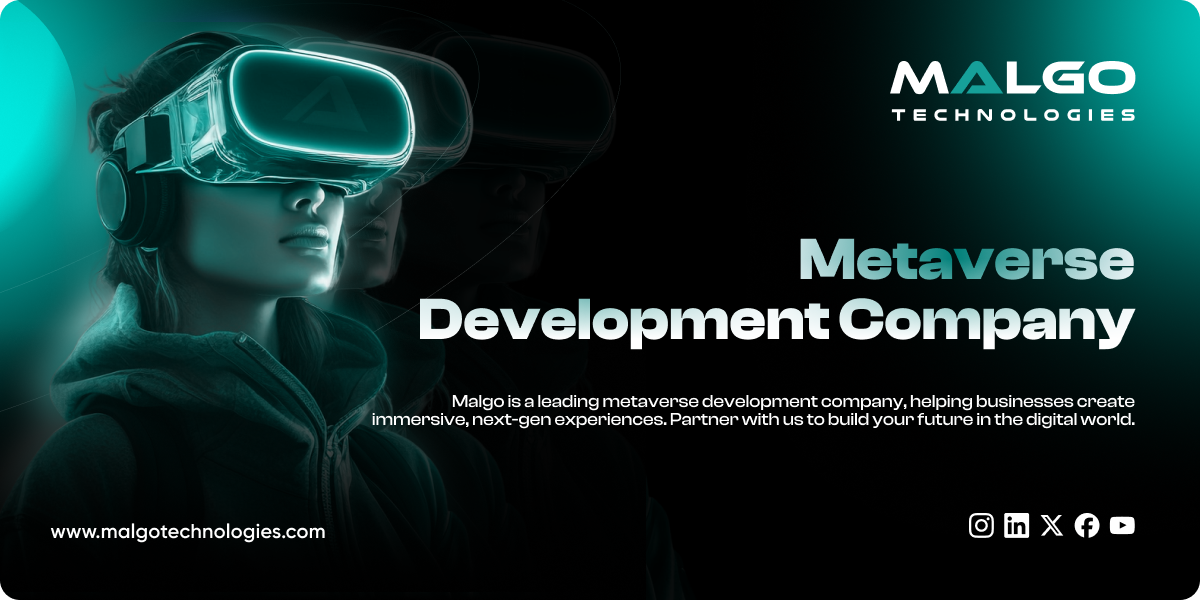
What Does a Metaverse Development Company Do?
A metaverse development company creates digital environments where users can engage in real-time, interactive activities. These virtual spaces are supported by technologies such as virtual reality (VR), augmented reality (AR), blockchain, smart contracts, and 3D modeling.
By building fully functional virtual platforms, these companies give businesses the tools they need to attract users, offer services, and earn revenue. This includes everything from virtual storefronts and ticketed events to token-based systems and advertising spaces.
Key Ways Businesses Can Monetize Virtual Worlds
1. Virtual Product Sales
Digital goods are a growing market. Whether it's clothing for avatars, furniture for digital homes, or branded collectibles, businesses can create and sell virtual items. A metaverse development company sets up the infrastructure where these items can be listed, purchased, and used by users.
NFT integration allows users to own and trade virtual items securely. These digital assets are stored on blockchain and can increase in value depending on demand and uniqueness.
2. Real Estate Leasing in the Metaverse
Virtual land can be bought, sold, or rented. Businesses can invest in digital spaces and lease them to other users or brands for events, advertising, or store locations. A metaverse development company helps in creating and managing these properties with features like customizable buildings, visitor tracking, and payment gateways.
Branded environments—like digital malls, offices, or galleries—offer ongoing ways to attract user activity and open up revenue through foot traffic, events, or service offerings.
3. Paid Events and Digital Experiences
From virtual concerts to product launches, businesses can host paid events in metaverse platforms. A metaverse development company provides the tools for ticket sales, access control, and user interaction.
Interactive product demos, brand launches, and educational sessions can be monetized through one-time fees or subscriptions. These virtual events eliminate travel needs and allow global audiences to participate.
Ready to build your own monetizable virtual world? Work with expert metaverse development services to create custom digital platforms for your business.
4. Advertising and Sponsored Spaces
Metaverse platforms allow businesses to place ads or branded content directly into virtual environments. These ads can appear on buildings, digital billboards, or as part of in-game experiences.
By partnering with a metaverse development company, businesses can create non-intrusive advertising options that reach target audiences based on their interests and behaviors within the virtual space.
5. Gamified Commerce Models
Gamification encourages users to interact more frequently. Businesses can work with developers to add features like points, rewards, or in-game currencies that motivate purchases and participation.
These mechanics can be used for loyalty programs, product promotions, and affiliate marketing within the platform. Users earn virtual coins or items, while businesses gain more engagement and revenue.
6. Subscriptions and Memberships
Exclusive content, premium areas, and VIP experiences can be locked behind membership fees. Metaverse developers build platforms that support different user roles and access levels.
Businesses can earn from recurring payments by offering valuable digital perks, behind-the-scenes content, or access to private rooms and tools.
7. Training and Skill-Based Services
Some businesses offer paid virtual training or coaching through metaverse platforms. This applies across industries—such as corporate skills, fitness, design, or software tutorials.
A metaverse development company helps in building interactive classrooms, simulation zones, or real-time feedback systems to support structured learning and paid certifications.
Supporting Technology That Drives Monetization
Blockchain Integration: Enables digital asset ownership, trade, and secure transactions.
Smart Contracts: Automate payments and agreements with no middleman.
Virtual Wallets: Let users store and spend digital currencies.
AR/VR Compatibility: Improves user engagement by offering immersive interactions.
3D Environments: Make spaces more realistic and enjoyable.
Analytics Dashboards: Track visitor activity, user behavior, and sales data.
By using these tools, businesses can adjust their strategies, improve user experiences, and increase monetization potential.
Industry Examples of Virtual Income
Retail: Brands set up virtual shops and offer virtual try-on services for clothing, accessories, and makeup.
Entertainment: Musicians and creators host live digital events that sell virtual tickets and merchandise.
Education: Institutions provide courses and paid certifications within interactive classrooms.
Real Estate: Agencies use digital twins to show properties in VR and offer subscription-based virtual property tours.
These examples show how different sectors use virtual spaces to create direct and recurring income.
The Role of a Metaverse Development Partner
A reliable metaverse development company offers technical knowledge and strategic support to build platforms that serve real business goals. From setting up payment systems to designing interactive environments, they create the tools businesses need to grow.
With user-focused design, secure systems, and creative flexibility, such a partner helps brands offer valuable digital experiences that keep users engaged and encourage spending.
Conclusion
Monetizing virtual worlds is no longer limited to tech startups or game developers. With the right support from a metaverse development company, businesses across various sectors can build engaging platforms that bring in real revenue. From digital goods and virtual real estate to advertising and paid experiences, the possibilities are broad and scalable.
As user behavior continues to shift toward online interactions, these digital environments offer a growing opportunity for businesses to reach audiences in new and profitable ways.


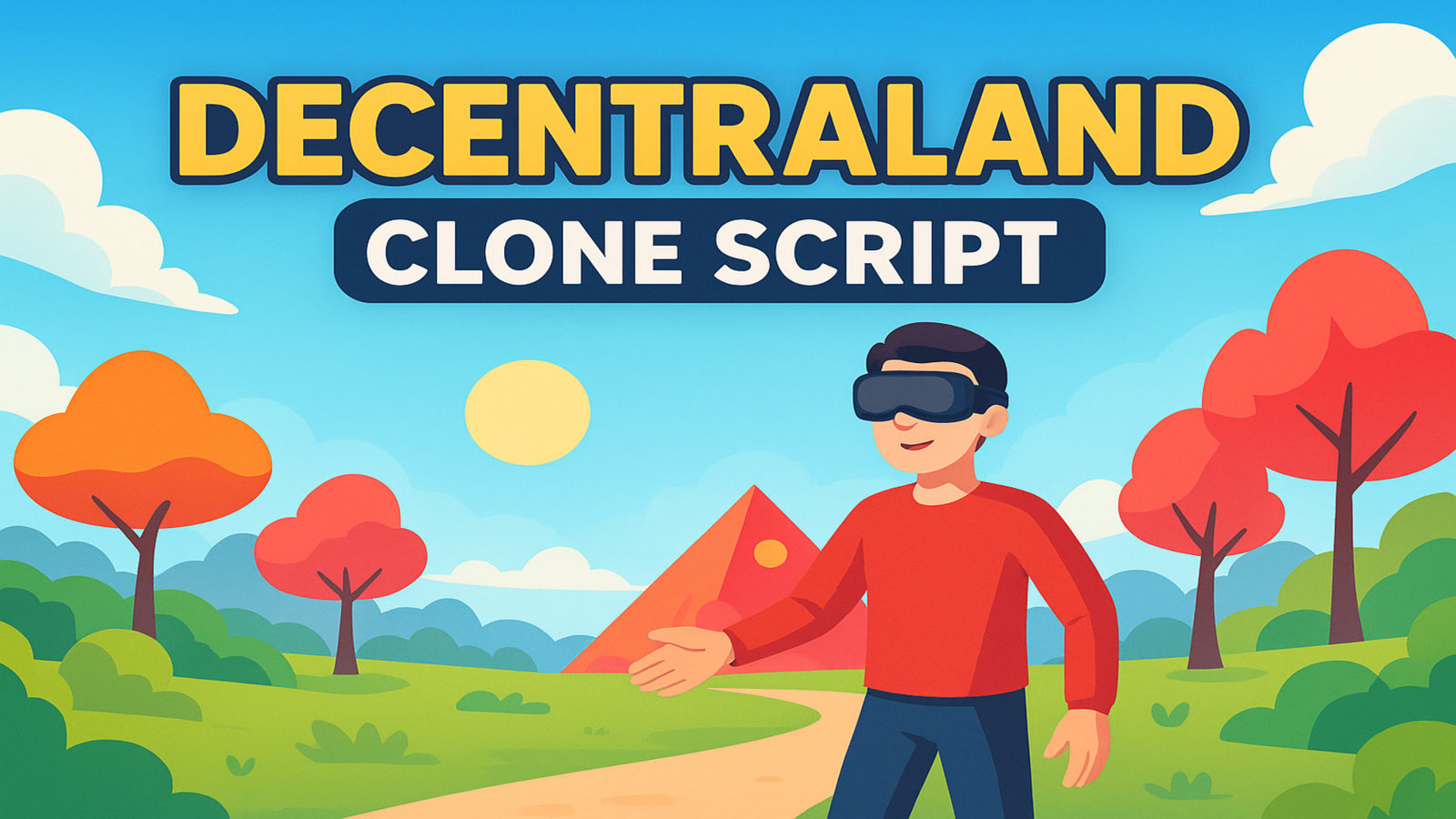


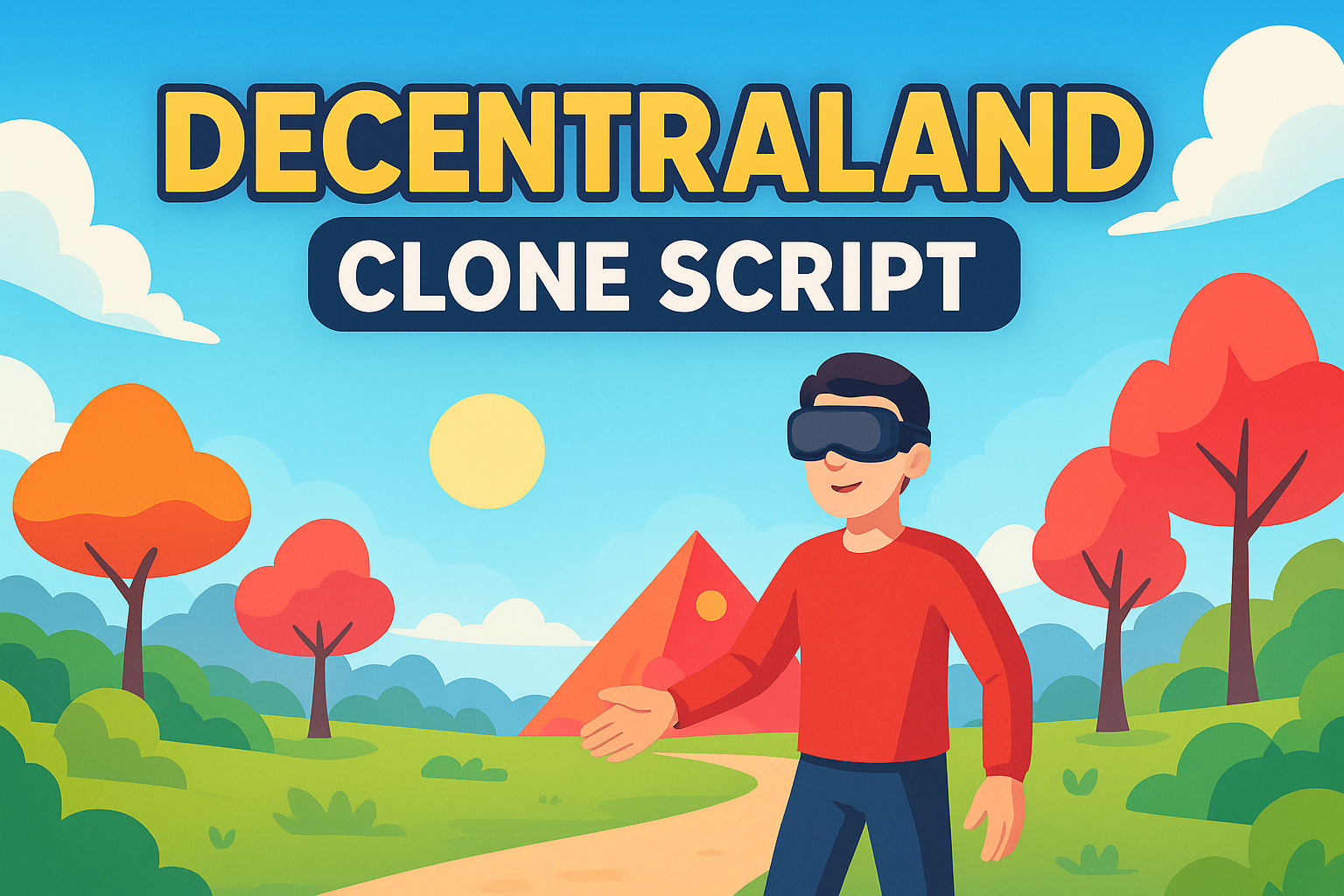
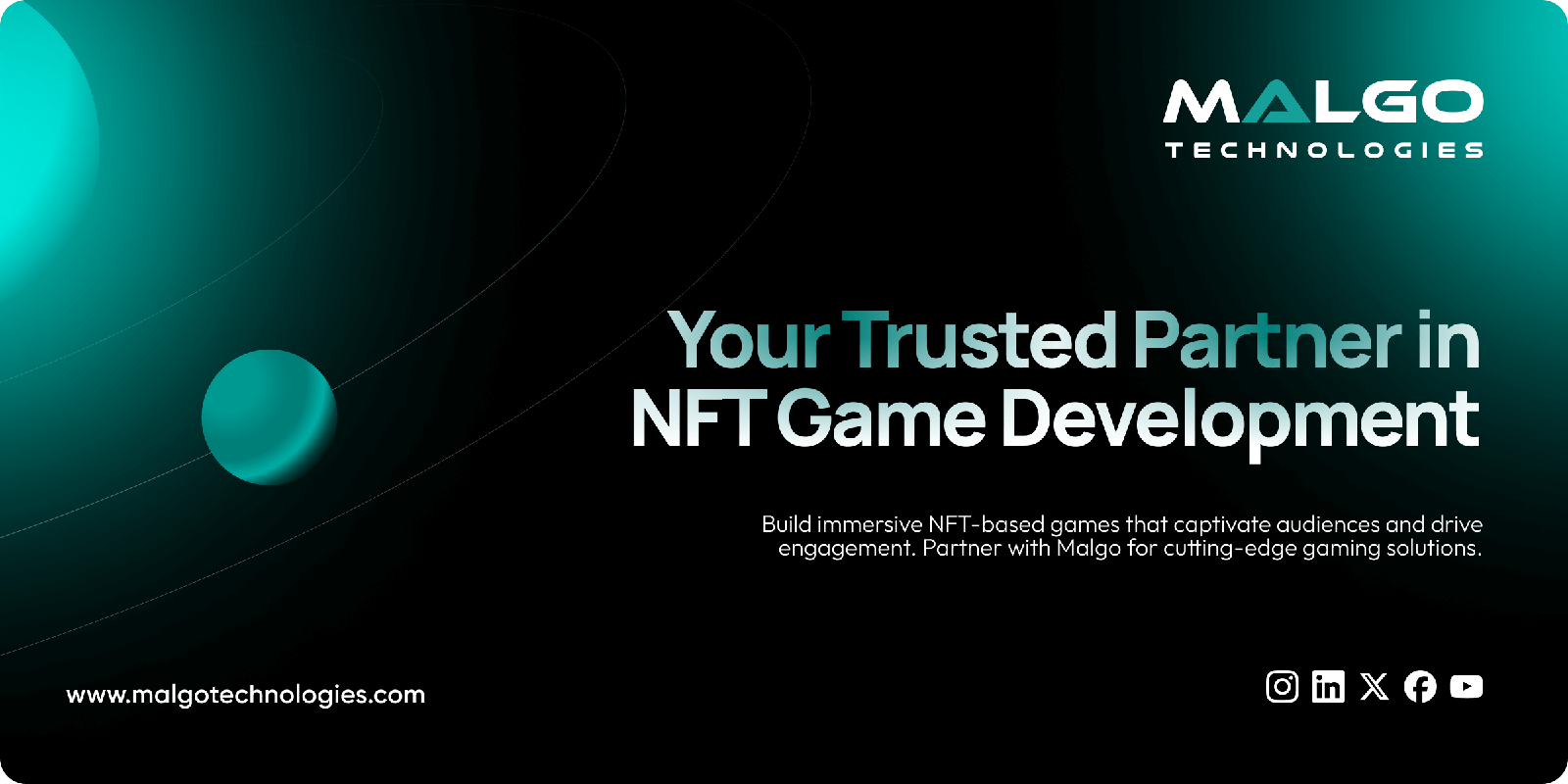


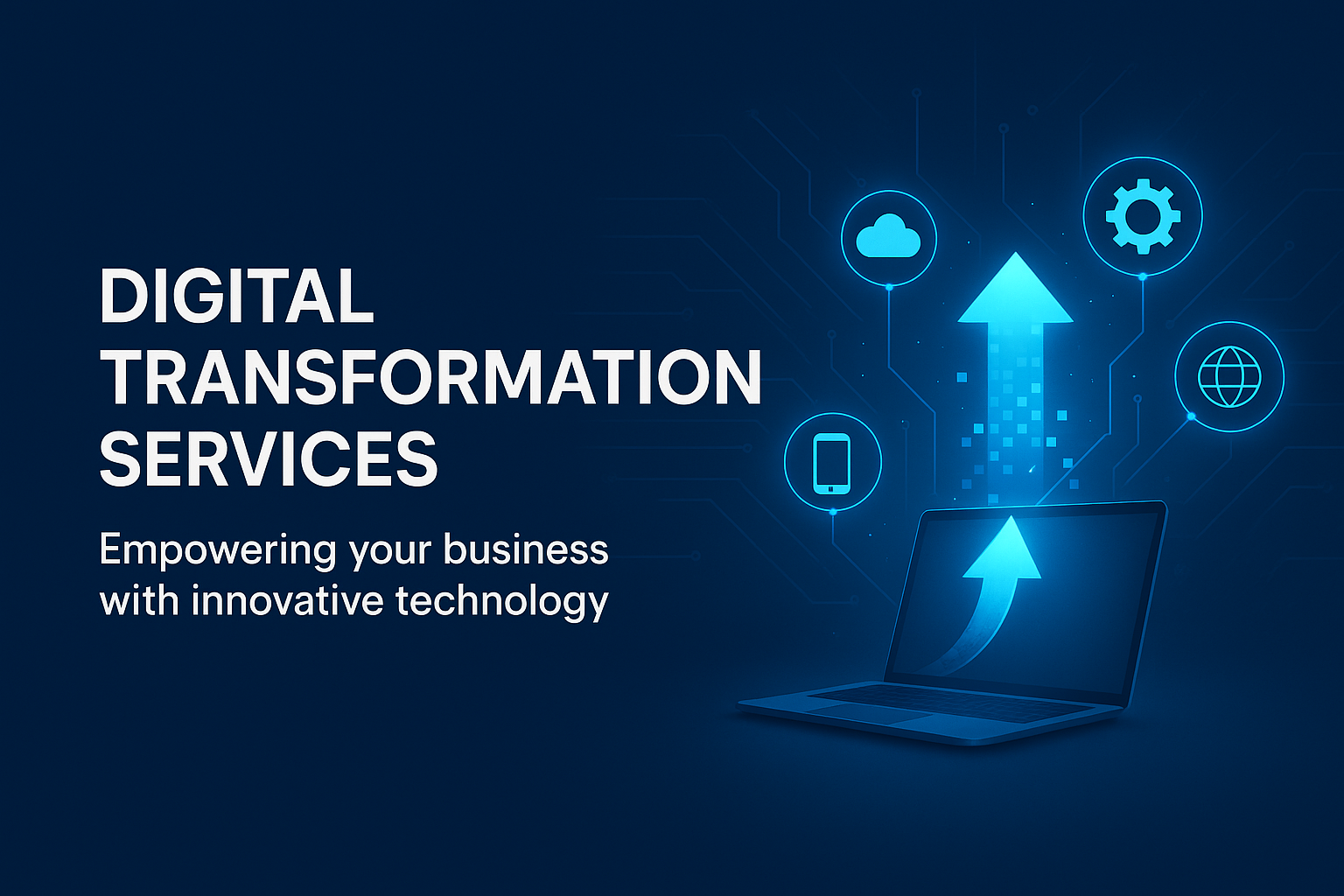
Write a comment ...